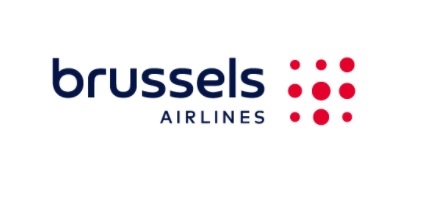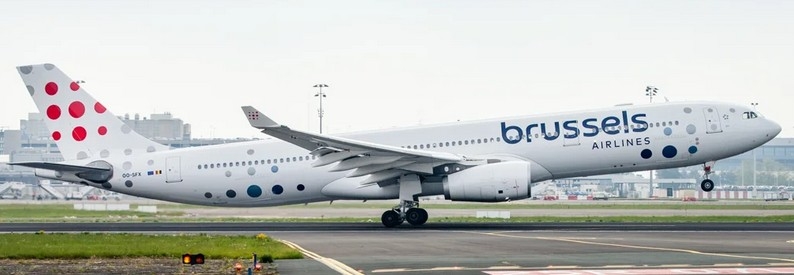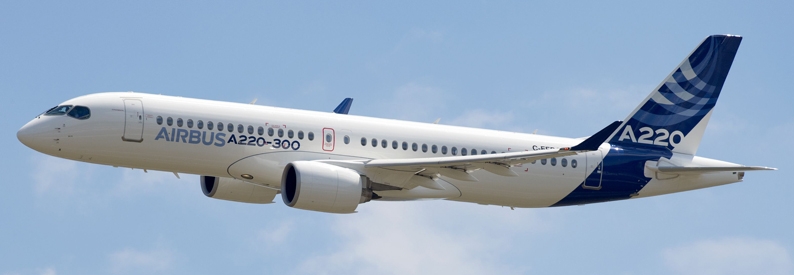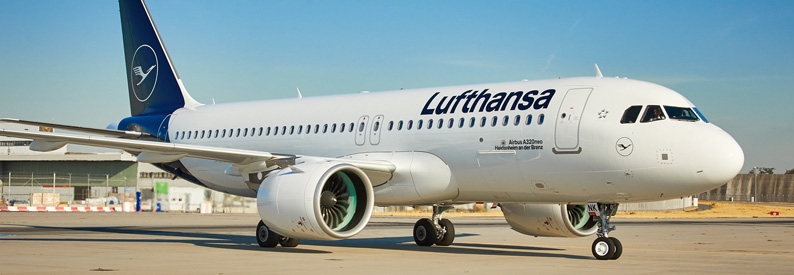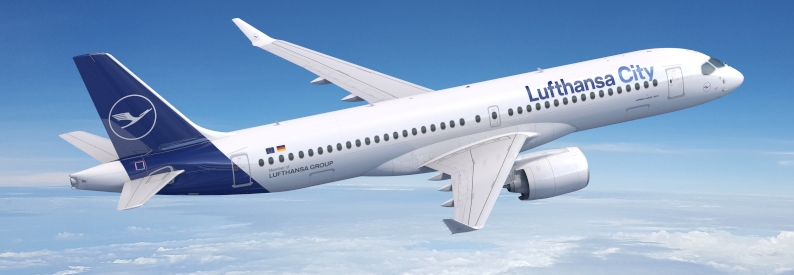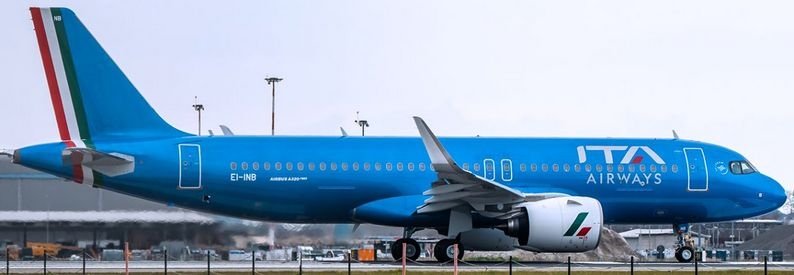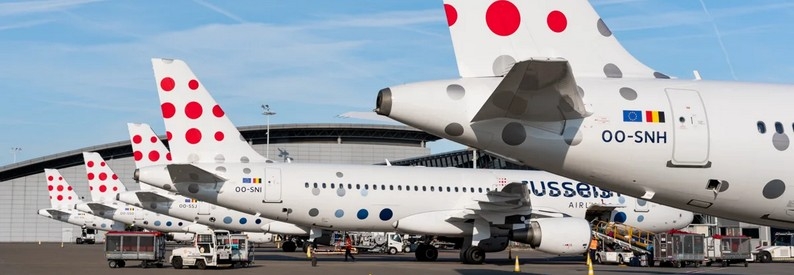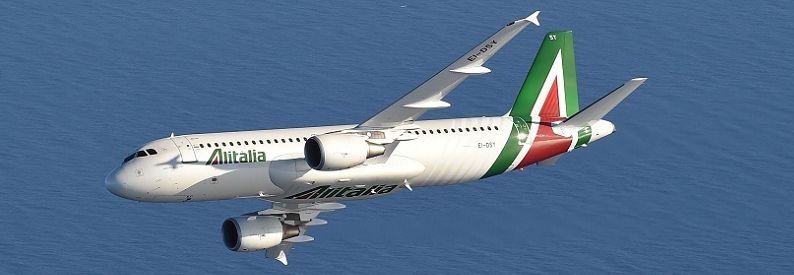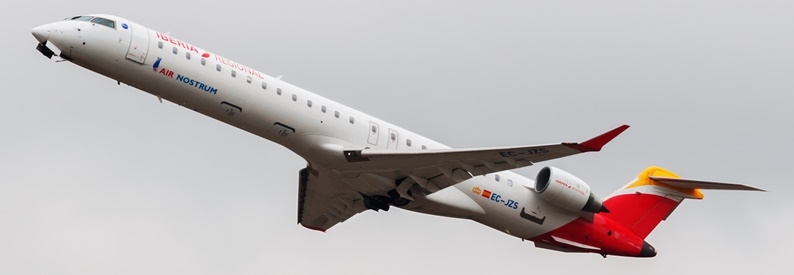The aviation industry has reacted with qualified criticism to additional cost burdens implied by the European Commission’s “Fit for 55” package, which proposes to add new taxes on jet fuel, mandate the blending of sustainable aviation fuel (SAF), and end free carbon allowances for an industry still reeling from the slowdown caused by COVID-19.
Announced on July 14, 2021, the ambitious climate change plan builds on existing European Union (EU) policies and legislation to reduce net greenhouse gases by 55% from 1990 levels by 2030, part of ongoing efforts to achieve a climate-neutral continent by 2050.
In reaction, the International Air Transport Association (IATA) warned that reliance on taxation as the solution for cutting aviation emissions was “counter-productive”. “EU policy needs to support practical emission reduction measures such as incentives for SAF and modernisation of air traffic management,” it said in a statement.
“Aviation is committed to decarbonisation as a global industry. We don’t need persuading or punitive measures like taxes to motivate change. In fact, taxes siphon money from the industry that could support emissions’ reducing investments in fleet renewal and clean technologies. To reduce emissions, we need governments to implement a constructive policy framework that, most immediately, focuses on production incentives for SAF and delivering the Single European Sky,” said IATA Director General Willie Walsh.
Airlines for Europe (A4E) Managing Director, Thomas Reynaert, stated the proposals would have a transformative impact on the sector but warned that “badly designed European taxes will not reduce emissions”. “By making flying more expensive, it may shift demand globally and reduce traffic locally. But it will not tackle the source of the emissions. We need to invest in solutions that offer real reductions in CO2 emissions per aircraft. Increasing costs reduces our capacity to make these investments whilst CO2 emissions are potentially shifted to other regions”, he added. A4E is the largest EU airline association, representing 70% of European air traffic.
IAG chief executive Luis Gallego said: "With the right policy measures in place to stimulate supply, we believe 10% of global jet fuel can be replaced with sustainable aviation fuel by 2030. While this is an ambitious target, we know from the progress we have seen over the last two years that it is achievable. The key to making this happen is accelerating global production. A commitment at next year’s ICAO General Assembly to reach 10% SAF by 2030 will be a key step forward in getting these SAF plants built." He said aviation could not achieve sustainability ambitions alone. "Everyone in the ecosystem, from manufacturers, air traffic control to fuel companies and governments, need to play their part."
The Airports Council International (ACI) welcomed the SAF proposals saying it had been a "long-time supporter of an EU-wide blending mandate requiring fuel suppliers to include sustainable aviation fuels into the overall aircraft fuel supply". "The existing fuel infrastructure at airports is fully compatible with the use of sustainable aviation fuels. This has already been successfully demonstrated by the deployment of such fuels at airports in Norway (Avinor) and Sweden (Swedavia) as well as at Zurich, Munich, and Clermont-Ferrand airports," ACI said.
The most relevant implications for aviation in “Fit for 55” include:
-
A review of the EU’s Energy Taxation Directive (ETD) that will phase out current free emission allowances for aviation for the use of fossil fuels and align with ICAO’s global Carbon Offsetting and Reduction Scheme for International Aviation (CORSIA) to promoting clean technologies and close loopholes for polluting fuels. Aviation is currently fully exempt from energy taxation in the EU. The Commission proposes a kerosene tax based on energy content to be introduced over a transitional period of 10 years from 2023, corresponding to minimum tax rates applicable to road transport fuels. Because of existing agreements with countries like the US, the tax would not be applied to cargo-only intra-EU flights. A zero rate would be applied to aviation advanced biofuels and e-fuels for a limited period to allow production scale-up.
-
A SAF blending mandate under a ReFuelEU Aviation initiative, which will oblige fuel suppliers to blend increasing levels of sustainable aviation fuels in jet fuel taken on-board at EU airports, including synthetic low carbon fuels, known as e-fuels. If the proposal is adopted, the ReFuelEU measures would come into effect on January 1, 2023, through to April 1, 2024, and apply to aircraft operators, EU airports, and aviation fuel suppliers. Aircraft operators would not be able to claim benefits for using an identical batch of sustainable aviation fuels under more than one greenhouse gas scheme.
Aircraft operators would also have to uplift at least 90% of their yearly fuel requirement from EU airports to prevent “fuel tankering”, a practice where operators uplift more aviation fuel than necessary at a given airport to avoid refuelling where aviation fuel is more expensive. The European Union Aviation Safety Agency (EASA) would be mandated to monitor all stakeholders' compliance.
The "Fit for 55" measures, punted as the EU’s most comprehensive climate change proposals to date, will require approval by the EU’s 27 member states and the European Parliament. Their announcement was timed ahead of the next United Nations Climate Change Conference, COP26, in Glasgow, UK, later this year.
